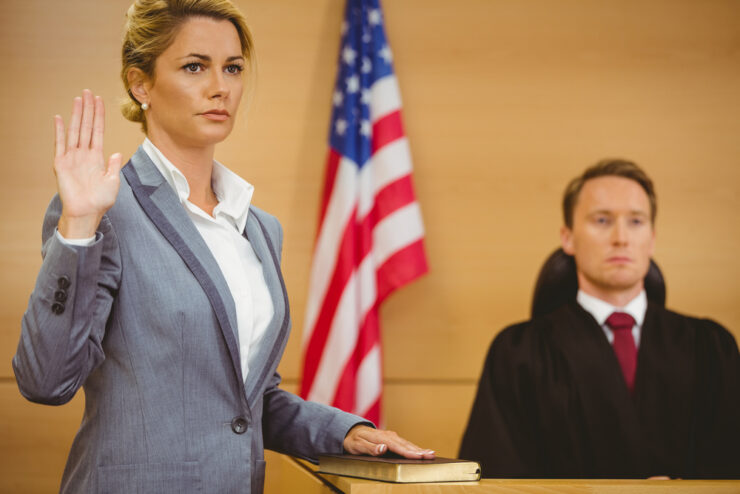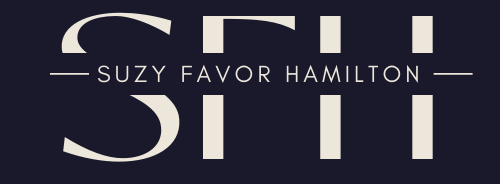In the complex world of healthcare litigation, a nurse expert witness plays an invaluable role in helping courts, solicitors, and insurers understand medical and nursing issues. These professionals bring a unique combination of clinical knowledge, investigative skill, and legal awareness to cases involving patient care, negligence, and professional standards.
Their input is often the bridge between intricate clinical detail and clear legal interpretation.
What Is a Nurse Expert Witness?
A nurse expert witness is a registered nurse who uses their clinical expertise to provide impartial and evidence-based opinions in legal proceedings. They analyse documentation, assess the quality of care provided, and determine whether it met accepted professional standards. Their reports are objective and intended to assist the court, not to advocate for one side.
These witnesses are commonly involved in cases relating to medical negligence, personal injury, workplace incidents, care home standards, and mental health care. Their analysis is guided by years of hands-on experience and a deep understanding of clinical governance, policies, and procedures within healthcare settings.
The Importance of Nursing Expertise in Legal Cases
Nurses often form the frontline of patient care, meaning their decisions and actions can have significant consequences for patient outcomes. When a dispute or claim arises, solicitors and insurers rely on nurse expert witnesses to interpret the nursing aspects of the case.
For example, a patient may allege that poor wound care led to infection and delayed recovery. A nurse expert witness can review the medical records, assess whether the correct care plan was followed, and determine if the treatment adhered to best practice standards. Their findings can clarify whether the nursing care contributed to the injury or whether the outcome was unavoidable despite appropriate management.

The Process of Expert Reporting
The work of a nurse expert witness follows a systematic and transparent process. It usually begins with a review of all relevant documents, such as medical records, witness statements, policies, and clinical notes. The expert will then identify key issues, evaluate the care provided, and compare it to accepted nursing standards and guidelines.
Once their analysis is complete, the expert produces a written report. This report forms the cornerstone of their contribution to the legal process. It must be clear, well-reasoned, and compliant with legal requirements such as Part 35 of the Civil Procedure Rules. If required, the nurse expert witness may also attend court to give oral evidence and respond to cross-examination.
Areas of Specialisation
Nursing is a diverse profession, and nurse expert witnesses often specialise in specific areas of practice. Common fields include:
- Acute hospital nursing – including emergency, surgical, and medical care.
- Community and district nursing – involving wound care, chronic disease management, and home visits.
- Mental health nursing – providing insights into psychiatric care, risk management, and safeguarding.
- Care home and elderly care – assessing the adequacy of care planning, supervision, and documentation.
- Paediatric nursing – focusing on the care of infants and children in clinical or community settings.
- Occupational health nursing – evaluating workplace injuries, stress claims, and rehabilitation processes.
Each area requires specialist knowledge to assess whether the care provided met accepted professional standards.

Qualities of a Reliable Nurse Expert Witness
An effective nurse expert witness must demonstrate more than just clinical competence. They must be impartial, articulate, and confident under scrutiny. Their reports must be written in a way that non-clinical audiences, such as judges and jurors, can easily understand.
Other important qualities include:
- Up-to-date professional knowledge – remaining current with best practices and regulatory standards.
- Strong communication skills – presenting complex information clearly and persuasively.
- Attention to detail – identifying subtle yet critical issues within medical documentation.
- Integrity and independence – providing opinions based solely on evidence and expertise.
A credible nurse expert witness can make a significant difference in how a case is understood and decided.
The Value They Bring to Legal Teams
Solicitors, insurers, and legal teams often turn to nurse expert witnesses for both claimant and defendant cases. Their reports can support early case assessments, settlement negotiations, or full trial proceedings. By offering an independent and clinically sound perspective, they help legal professionals make informed decisions and present stronger arguments.
For instance, in a personal injury case involving post-operative complications, a nurse expert witness can clarify whether nursing staff followed proper wound assessment protocols or missed warning signs. This evidence can shape the outcome of a claim and ensure fair resolution for all parties.

Partnering with a Trusted Provider
When selecting a nurse expert witness, it is crucial to work with professionals who are experienced, qualified, and well-versed in legal requirements. Organisations such as nurse expert witness services provide access to nurses with specialist backgrounds and proven track records in medico-legal reporting. Their expertise ensures accuracy, objectivity, and reliability throughout the litigation process.
Conclusion
A nurse expert witness serves as a crucial link between clinical practice and the legal system. Their role helps the courts interpret medical evidence accurately and ensures that cases involving healthcare issues are judged fairly.
With the increasing demand for transparency and accountability in healthcare, the contribution of nurse expert witnesses continues to grow in importance. For solicitors, insurers, and claimants alike, their insight and professionalism provide clarity where it is most needed.

